In the context of Ho Chi Minh City expanding its boundaries and implementing many strategic tasks such as science and technology, building an urban railway system, operating the International Financial Center, and developing the marine economy associated with free trade zones in Can Gio and Con Dao, the City hopes to continue to receive the support of schools to promote the role of intellectuals and higher education institutions in solving challenges and creating new growth drivers. At the same time, Ho Chi Minh City is committed to creating all favorable conditions for universities to develop to their fullest potential, to promote the effectiveness of the "school - institute - government" model.
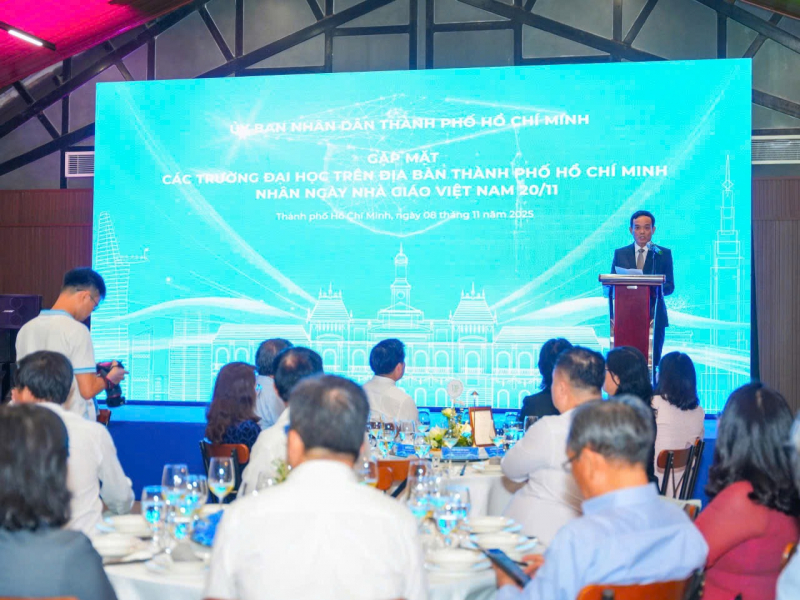
On the evening of November 8, 2025, the Ho Chi Minh City People's Committee held an intimate meeting with leaders of more than 70 universities and academies on the occasion of Vietnamese Teachers' Day, November 20. The event was not only an opportunity to show gratitude to the teaching staff but also a forum for open dialogue, where the City's leaders directly listened to and responded to recommendations from universities. At the meeting, many specific and practical proposals were sent to the City's leaders. Secretary of the Ho Chi Minh City Party Committee, Tran Luu Quang, reaffirmed the policy of prioritizing the effective exploitation of surplus land and headquarters for education and health development, emphasizing the City's green transformation orientation, while encouraging innovative approaches in solving major problems. He also expressed his wish to continue receiving many comments after the event.
Up to now, after nearly a week, the City has continued to receive a number of additional recommendations from higher education institutions, demonstrating the spirit of solidarity and commitment to make practical contributions to the development of Ho Chi Minh City.
Utilizing public assets to support educational and research development
According to the Project "Management, exploitation and use of public assets" implemented by the University of Economics and Law, Ho Chi Minh City National University in coordination with the Department of Finance, before the merger, Ho Chi Minh City managed nearly 13,000 public assets but the data was still scattered, lacked standardization and had many legal problems, leading to low exploitation efficiency. The project has built a unified public asset database on a digital platform, standardized 12,759 assets, and proposed a new classification model, a modern management framework and legal recommendations to increase decentralization, thoroughly handle slow-to-exploit assets and take advantage of the special mechanism of Resolution 98/2023/QH15 to mobilize social resources.
On that basis, the City has a policy of prioritizing the use of surplus land and headquarters for education and healthcare purposes. A number of universities such as Ho Chi Minh City University of Medicine and Pharmacy, Vietnam-Germany University, Ho Chi Minh City University of Economics and Ho Chi Minh City National University have submitted specific proposals regarding the need to expand facilities.
Notably, Ho Chi Minh City National University proposed to consider allocating more land and facilities in the central area for its member units including the University of Economics and Law, the International University, the Gifted High School and the University of Information Technology to expand training and research space in convenient locations. At the same time, Ho Chi Minh City National University proposed to receive an existing hospital for the University of Health Sciences to develop into a practice hospital, serving the training of high-quality medical personnel.
The proposals all aim to effectively exploit public assets, improve training - research - innovation capacity and make stronger contributions to the development of science - technology and high-quality human resources of the City.
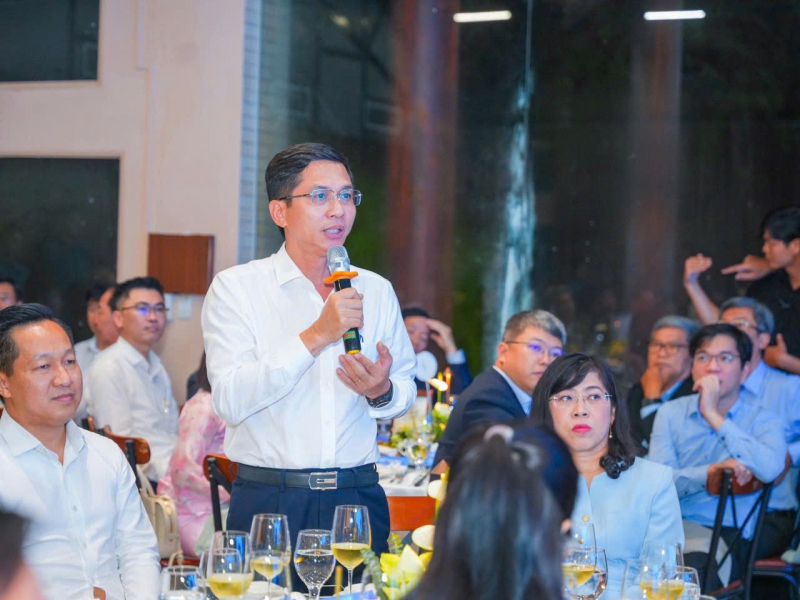
Green transformation – circulation – innovation
Ho Chi Minh City is aiming to become a low-emission city, develop a circular economy and become a financial and innovation center of Vietnam. In this journey, many universities continue to be important partners, providing knowledge, solutions and high-quality human resources for the City.
In recent times, VinUni University has supported the City in implementing the green transformation process on many axes: coordinating with the Ho Chi Minh City Institute for Development Studies to develop a comprehensive Green Transformation Project; promoting the greening of transport and energy; and applying data science to serve policy making. In the near future, VinUni will continue to coordinate with HIDS to organize training courses on green transformation, digital transformation and carbon credit market for leadership staff. Notably, in December 2025, VinUni will co-organize an intensive training course within the framework of the International Open Innovation Conference 2025, providing knowledge on innovation, digital technology, carbon economy and sustainable agriculture for leaders in the public sector of Khanh Hoa, Gia Lai provinces and Ho Chi Minh City.
Along with that, Ho Chi Minh City University of Natural Resources and Environment will organize the 7th International Conference on Science and Technology with the theme "Green development - circular in the digital age" on November 14, 2025. The conference brings together domestic and foreign scientists, focusing on core issues that Ho Chi Minh City is prioritizing such as resource management, green urban development - circular, data application in environmental protection, waste treatment technology and circular economic model for large cities. The conference results will be compiled into a set of scientific recommendations sent to the City, contributing to providing a practical basis for the process of building the Green Transformation Project.
At the preparatory meeting of the conference of the Council of Rectors of universities in the area, Vice Chairwoman of the City People's Committee Tran Thi Dieu Thuy directed the research to build universities into startup and innovation centers as part of the startup and innovation center ecosystem of the City, requesting Ho Chi Minh City National University to have a presentation on this content. Currently, Ho Chi Minh City National University is also coordinating with the Department of Science and Technology to build an Innovation Center for the City, designed according to a multi-polar model, considered an important pole in this ecosystem.
Training high quality human resources
Equest Education Group, a partner of many leading universities in the world, including Keiser University (USA), wishes to accompany the City in its strategy of developing digital human resources and high-quality human resources. To realize the above wishes, in the coming time, EQuest aims to deploy breakthrough educational programs such as training in AI, STEM, educational technology, etc. to meet the human resource needs of emerging economic sectors and the innovation ecosystem of Ho Chi Minh City.
Source: https://cand.com.vn/giao-duc/nhieu-kien-nghi-thiet-thuc-cua-cac-co-so-giao-duc-dai-hoc-o-tp-ho-chi-minh-sau-buoi-gap-mat-ngay-20-11-i788334/










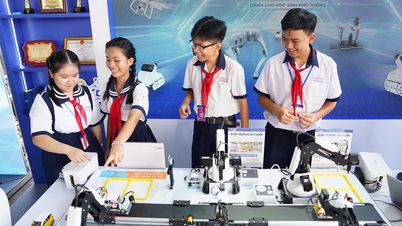


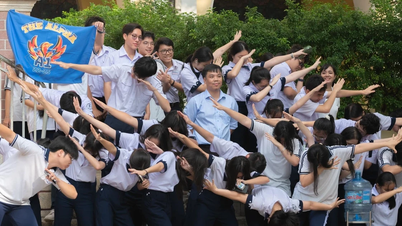


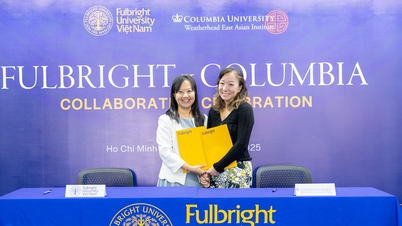








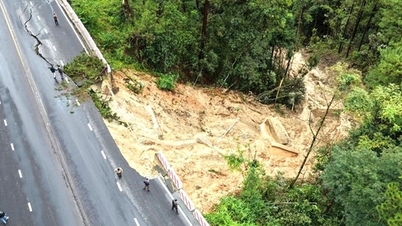
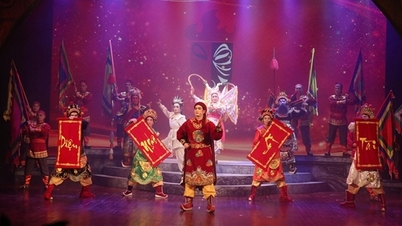





![[Photo] General Secretary To Lam and National Assembly Chairman Tran Thanh Man attend the 80th Anniversary of the Traditional Day of the Vietnamese Inspection Sector](https://vphoto.vietnam.vn/thumb/1200x675/vietnam/resource/IMAGE/2025/11/17/1763356362984_a2-bnd-7940-3561-jpg.webp)

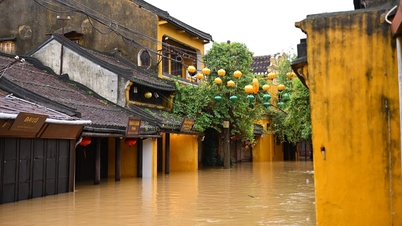

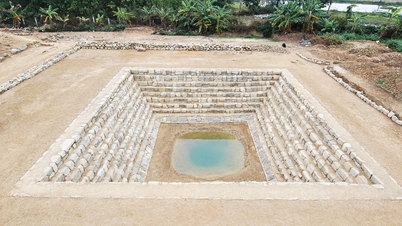

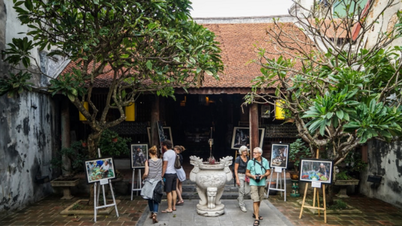









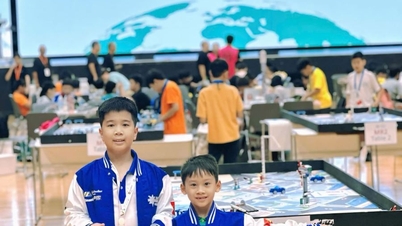




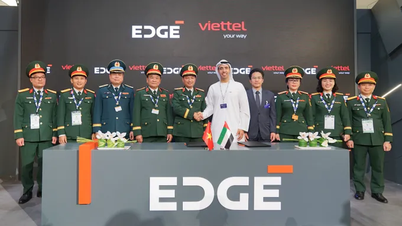

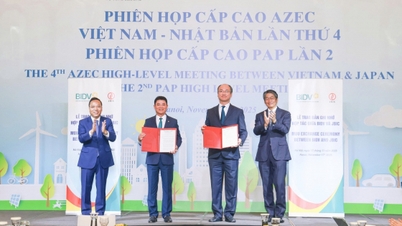




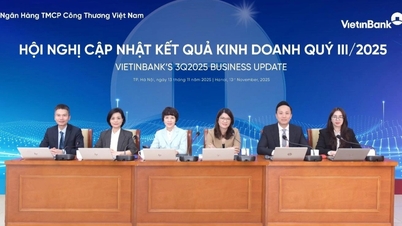












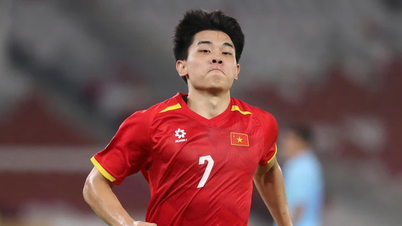


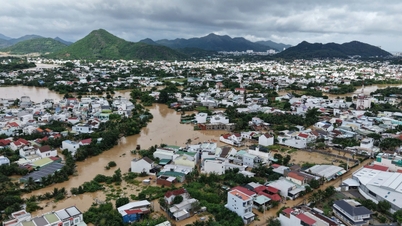


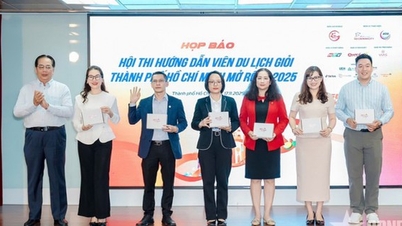

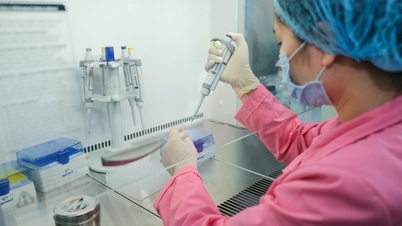

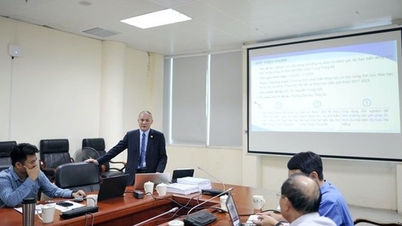


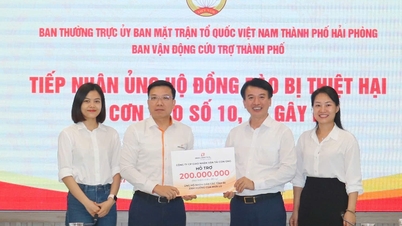





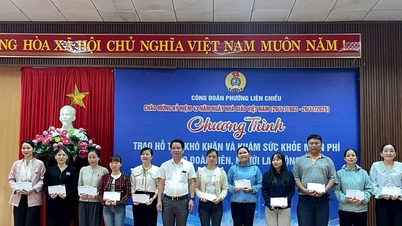












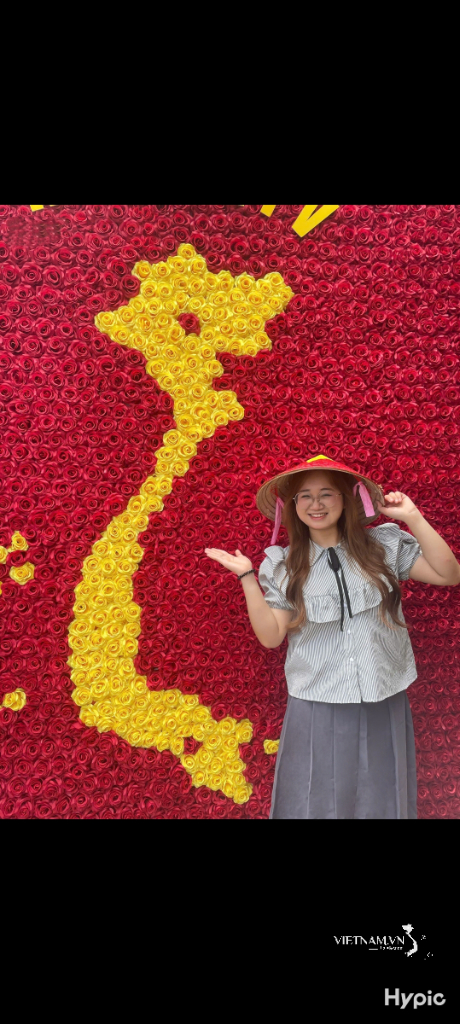

Comment (0)